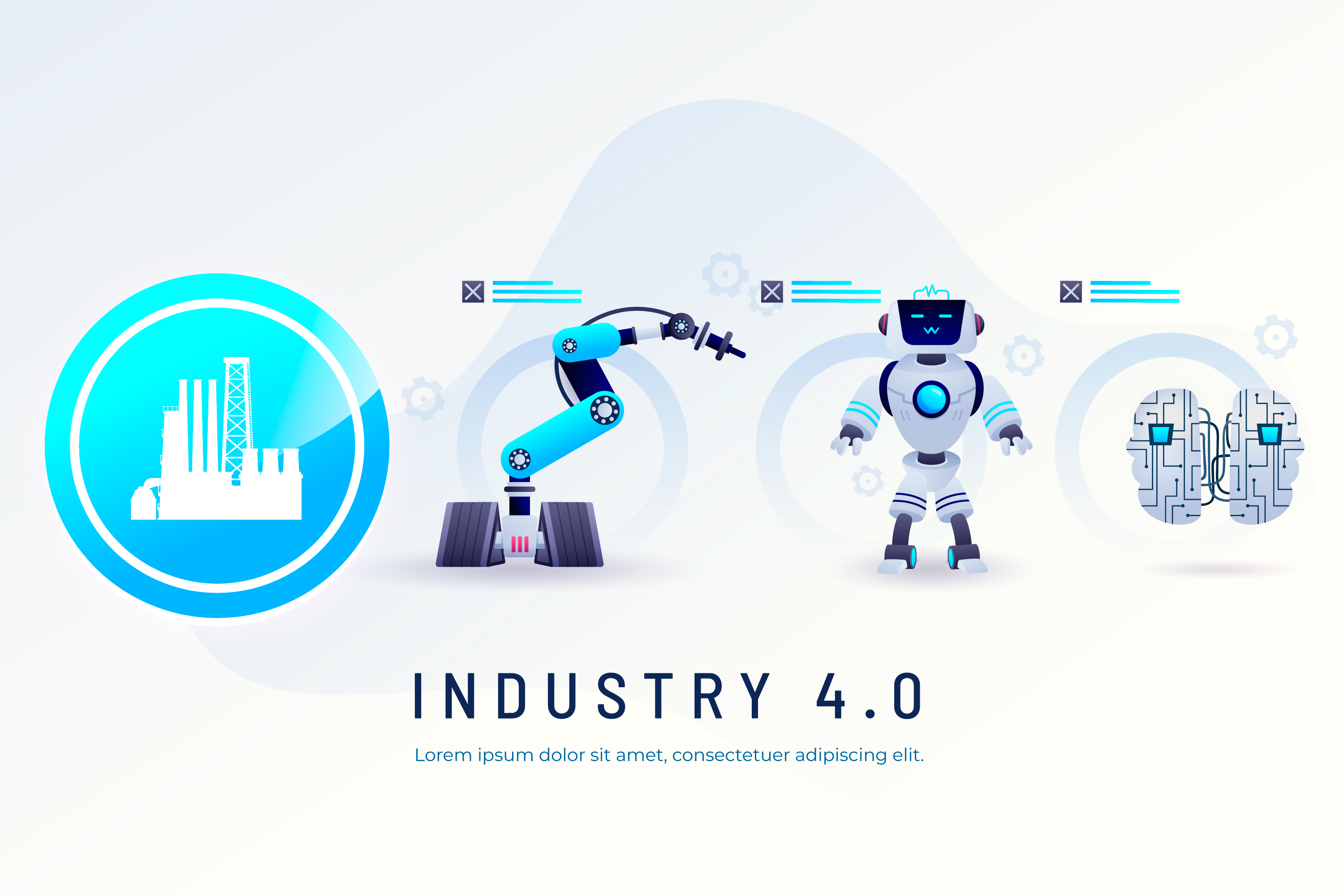Building AI Prompting Skills Across Your Team
The real power comes when your entire manufacturing team can leverage AI effectively, not just you.
Start with Champions
Identify a few technically savvy team members who are excited about AI. Train them on effective prompting techniques. Let them experiment and share what works.
Share Success Stories
When someone uses AI to solve a problem effectively, share it with the team. Show the actual prompts they used and the results they got. This makes AI concrete and demonstrates value.
Create Prompt Libraries
As your team develops effective prompts for common manufacturing scenarios, document them. Build a library of proven prompts that others can adapt for their situations.
Make It Part of Your Process
Incorporate AI into your standard problem-solving and continuous improvement processes. "Before we jump to solutions, let's see what insights AI can provide given this data."
Provide Tools and Access
Make sure your team has access to AI tools. Whether that's ChatGPT, Claude, or specialized manufacturing AI applications, remove barriers to experimentation.
The Future of AI in Manufacturing
Here's where this is heading: AI prompting is just the beginning. We're moving toward AI that's more deeply integrated into manufacturing operations.
Real-Time Process Optimization
AI monitoring production data in real-time, identifying anomalies, and automatically adjusting parameters to maintain quality and efficiency.
Predictive Maintenance
AI analyzing sensor data, vibration patterns, temperature, and other signals to predict equipment failures before they happen, automatically scheduling maintenance.
Autonomous Quality Inspection
Computer vision AI inspecting 100% of production, identifying defects humans miss, and providing instant feedback to prevent defect propagation.
Digital Twins
AI-powered virtual models of your manufacturing processes that allow you to test changes, optimize parameters, and train operators without disrupting actual production.
Collaborative Robots with AI
Cobots that learn from human operators, adapt to changing conditions, and work safely alongside people with minimal programming.
All of this is coming. Some of it's already here. But the foundation is learning to communicate effectively with AI through skilled prompting. The manufacturers who master this now will be positioned to leverage the more advanced applications as they mature.
The Bottom Line
Manufacturing has always rewarded those who execute better than their competitors. Tighter tolerances, faster changeovers, less waste, higher quality, lower cost.
AI is another tool for execution excellence, but only if you know how to use it effectively. And the key to using AI effectively is skilled prompting: asking the right questions in the right way to get insights and recommendations that actually improve your operations.
This isn't about replacing manufacturing expertise. It's about amplifying it. Your knowledge of your processes, your equipment, your materials, and your challenges combined with AI's ability to process information, identify patterns, and generate options creates something more powerful than either alone.
Start experimenting today. Pick one manufacturing challenge you're currently facing. Craft a detailed prompt providing all relevant context. See what insights AI provides. Refine your prompt based on the response. Keep iterating until you get something actionable.
Then implement it, measure the results, and build from there.
The manufacturers who learn to leverage AI effectively over the next few years will build competitive advantages that are difficult for others to replicate. Not because the technology itself is proprietary, but because the organizational capability to use it well takes time and practice to develop.
The data doesn't lie. AI is transforming manufacturing operations. The question is whether you'll be leading that transformation or struggling to catch up.
Cameron Patalano is the CEO and Executive Consultant of Data Does Not Lie, a data-driven consulting firm that helps organizations across industries, including manufacturing, leverage AI and data analytics to optimize operations and drive measurable performance improvements.
We help manufacturers implement practical, private AI systems that drive measurable operational improvements. Let’s talk.
